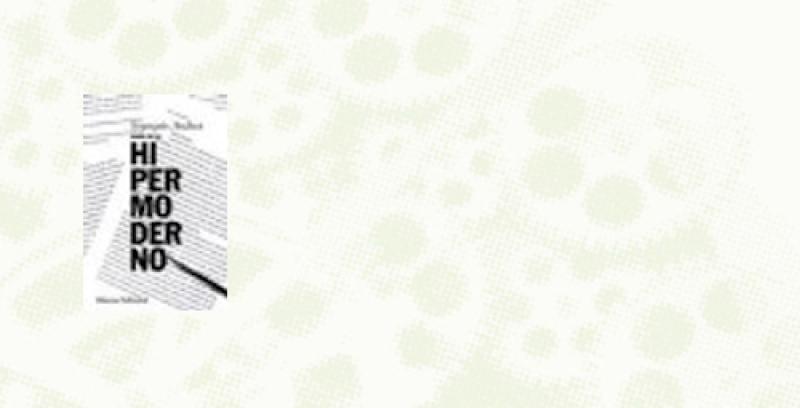Spread
Trabajo, social género y tiempo
Barcelona: Hacer, 2007
Autor: Carlos Prieto (ed.)
Temas: Tiempo personal - trabajo
Recopilación de artículos de autores españoles, franceses y belgas sobre el tiempo laboral y personal y la problemática de la división de roles entre hombres y mujeres.
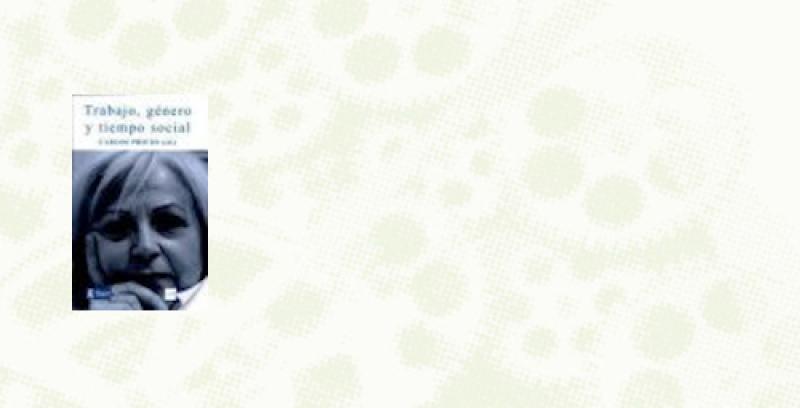
El respirar dels dies: una reflexió filosòfica sobre el temps i la vida [The Breathe of the days. A philosophical reflection on the time and the life]
[El Aliento de los días. Una reflexión filosófica sobre el tiempo y la vida]
Barcelona. Paidós, 2009
Autor: Josep M. Esquirol i Calaf
Asignaturas: Horarios - usos del tiempo
"Cuánto tiempo nos queda, qué significa vivir el presente, no tenemos tiempo para nada, en qué sentido el tiempo se puede perder o dar [ …] "El autor plantea estas y otras preguntas sobre la experiencia del tiempo.

Tenir temps i perdre temps [Having time and wasting the time]
Barcelona. Cruïlla, 2002
Autores: Brigitte Labbé i Michel Puech
Temas: Edad - usos del tiempo
Reflexiones sobre el uso que hacemos del tiempo, apto para niños.

Metrónomo de la vida cotidiana [Metronome of the everyday life]
Gijón. Trea, 2007
Authors: Ulrich Mückenberger
Subjects: Uses of the time
The author reviews the theoretical parameters of the policies of time and analyses one of the main experiments carried out in German and other European cities.
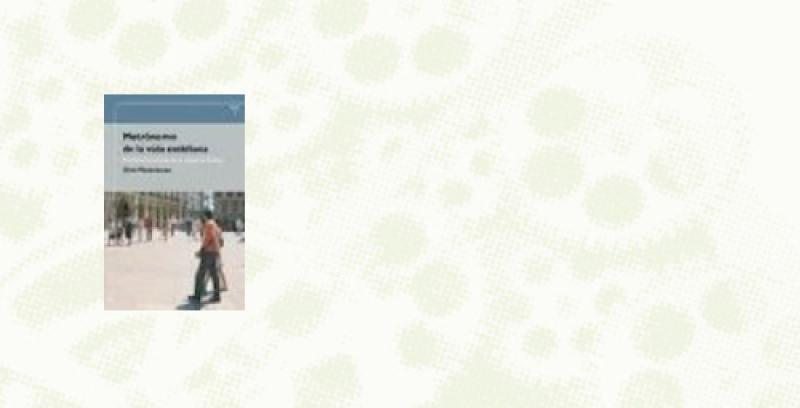
In Praise of Slowness. How A Worldwide Movement Is Challenging the Cult of Speed
Barcelona- RBA, 2005
Author: Carl Honoré
Subjects: a Use of the time
This book is a key work for understanding the emergence of the slow movement and the interest in seeking alternatives to the frenetic pace of life. The point is to do things more gradually and look for a new balance that challenges the cult of speed.
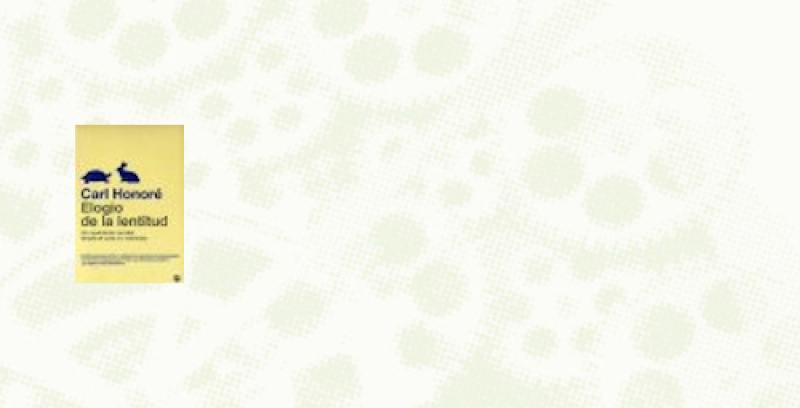
Tempi di vita. Studi e proposte for cambiarli
Milano. Feltrinelli, 1991
Author: Laura Balbo
Subjects: Family - work
A precursor in the introduction of time as an object of social analysis, Balbo defends the need to rethink everyday well-being bearing in mind all the aspects that make up the time of life and not just working time.
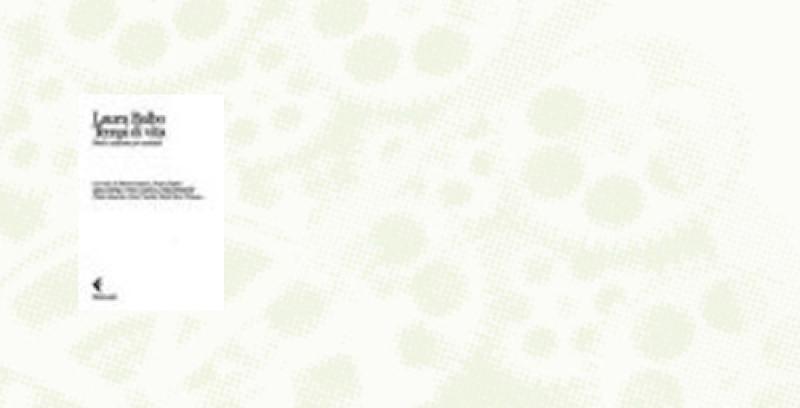
The Corrosion of Character. The Personal Consequences of Work in the New Capitalism
Barcelona. Anagrama, 2000
Author: Richard Sennett
Subjects: Work
A crucial work for understanding the impact of the changes in the world of work on people's identity. The transition from stable work routines to a new way of life full of uncertainty has changed people's character.
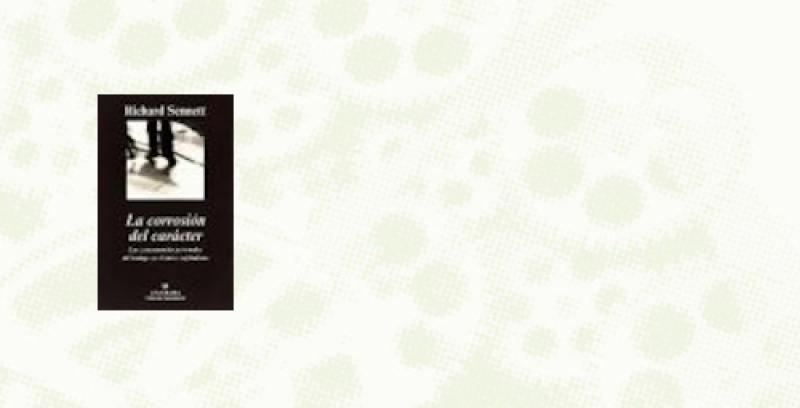
The value of the time ¿Who may hours are missing you to the day?
Madrid. Espasa Calpe, 2007
Author: María Ángeles Duran
Subjects: Uses of the time
In a highly readable style, the author reviews the main problems of the social use of time and suggests alternatives for living in a better society and with time distributed in a more egalitarian manner.

El Tiempo en tus manos [The Time on your Hands]
Barcelona. Ediciones Luciernaga, 2012
Author: Felix Torán
Subject: Use of the time
The author shares his experience regarding the time organization, and to distinguish between fake time, intended for our brain to anticipate or remember, by the real time, connection with the present moment that makes us productive and happy.

Cronos dividido. I use of the tiempo y desigualdad amongmujeres y hombres in España
Madrid. Ministerio de Asuntos Sociales. Instituto de la Mujer, 1990
Autor: Ramón Ramos Torres
Temas: Usos del
tiempo El clima Uno de los primeros análisis que se realizaron en España sobre los usos del tiempo. Ramos Torres ilustra las desigualdades existentes entre hombres y mujeres con dato estadístico.

Equaling. Challenges and strategies for the equality of opportunities in the world of the work
Icària, 2011
Author: Mar Gaya
Subjects: Equality - work
Tour of the situation of women in the labor market from access to higher education and to the wage gap or family conciliation. Addressing some of the challenges awaiting the incorporation of women into the labor market.

Diario de un hipermoderno [Diary of a hypermodern]
Madrid. Alianza, 2009
Author: François Ascher
Subjects: Uses of the time
While he is in treatment for a cancer, François Ascher writes a series of letters to his family and friends in which he reflects on contemporary society and the rhythms of life in hypermodernity.
